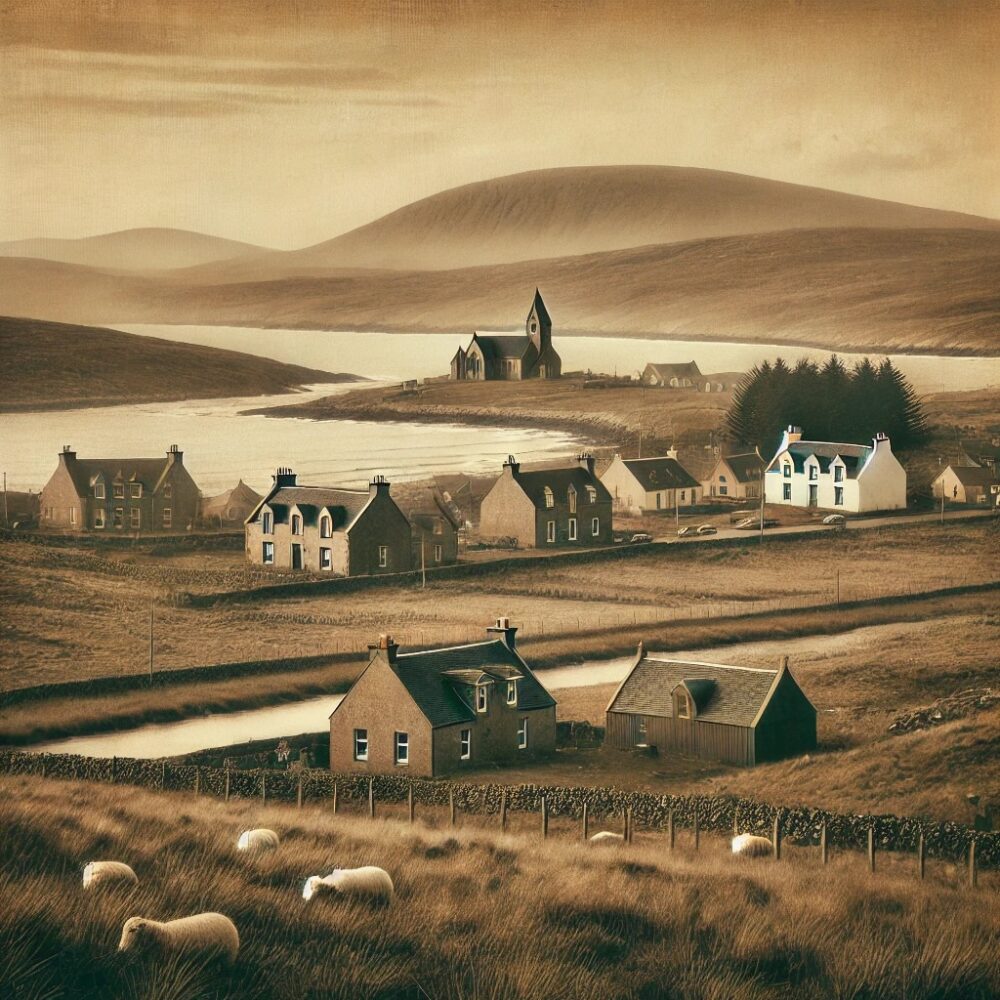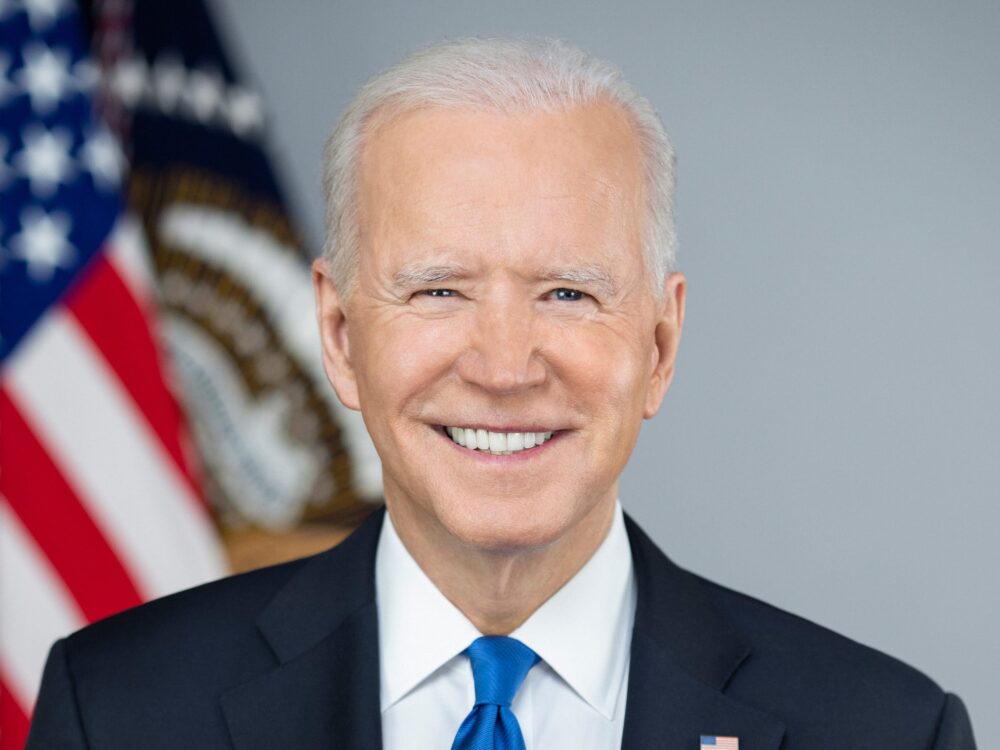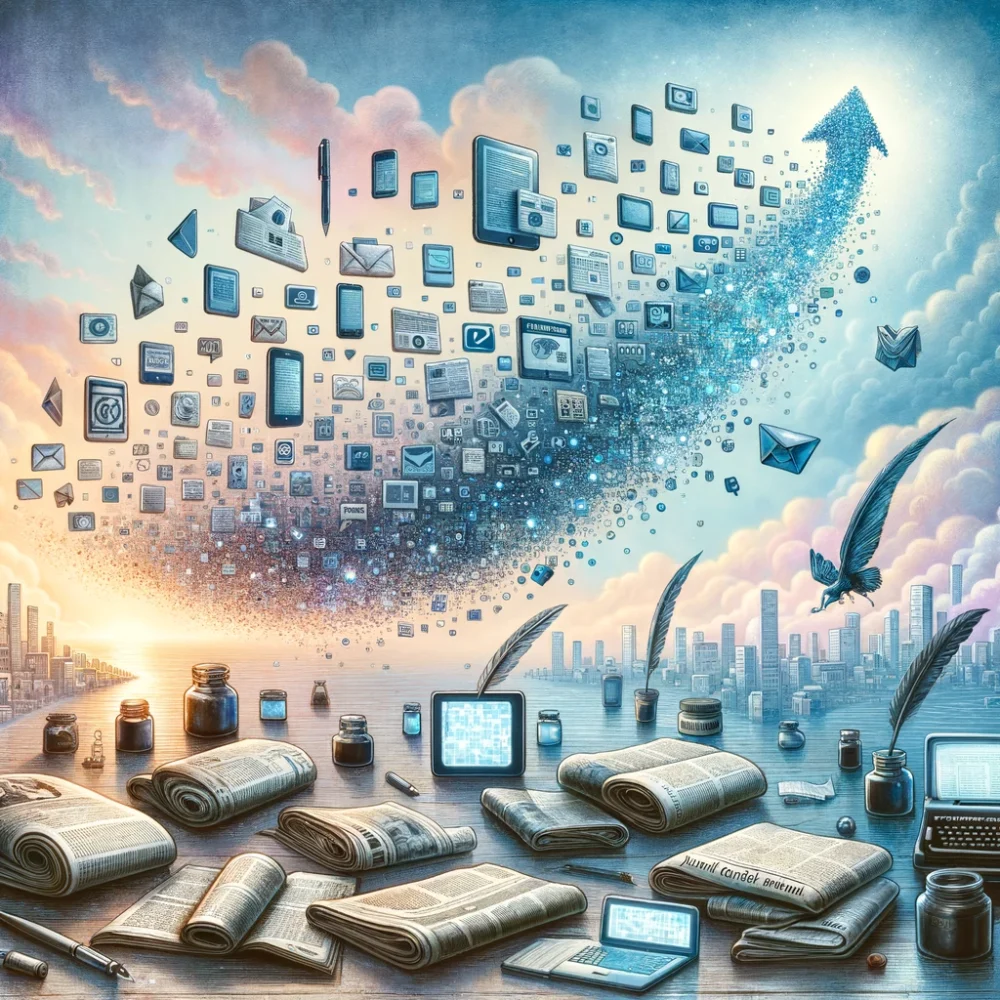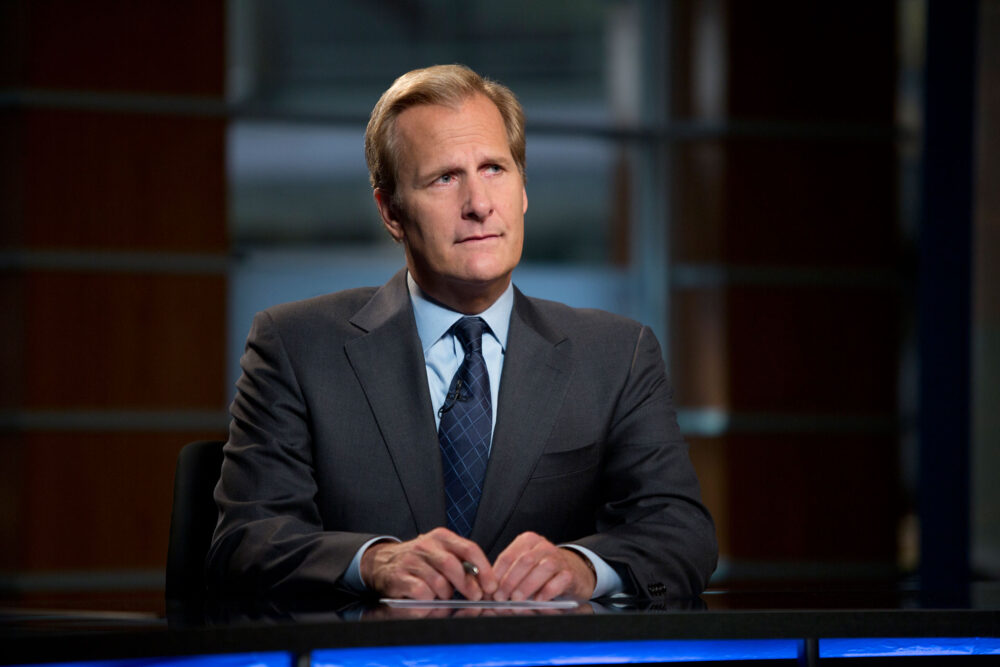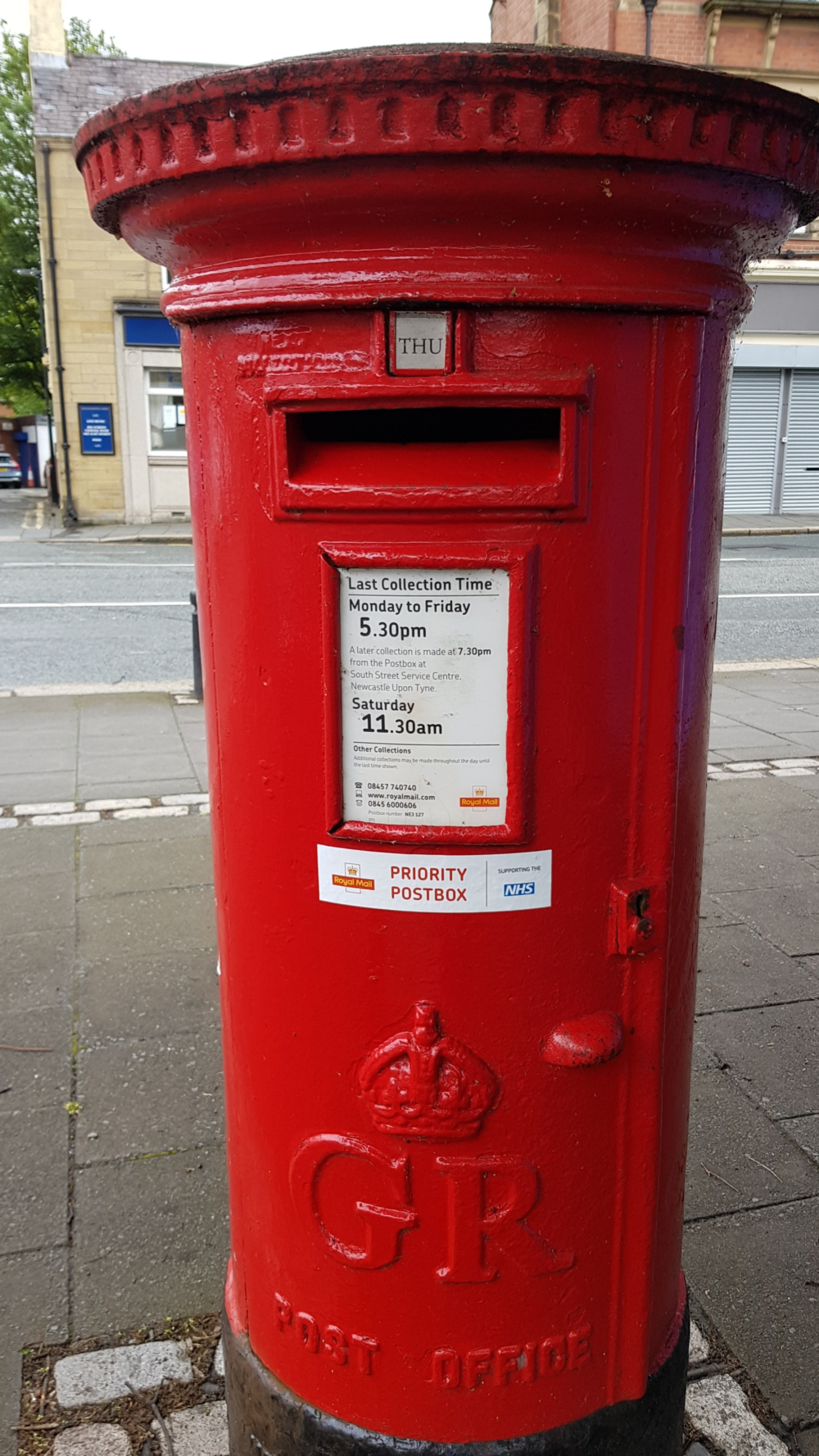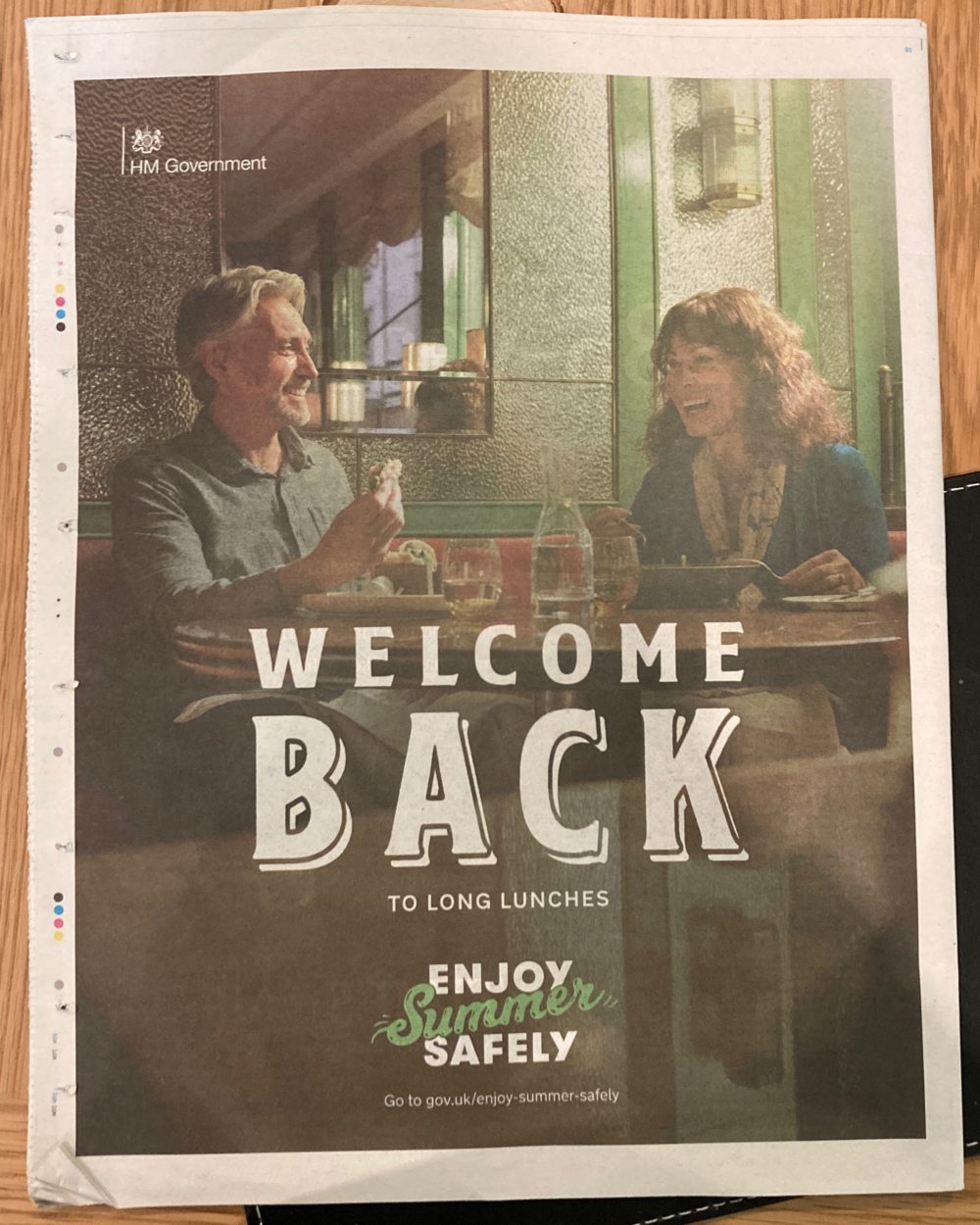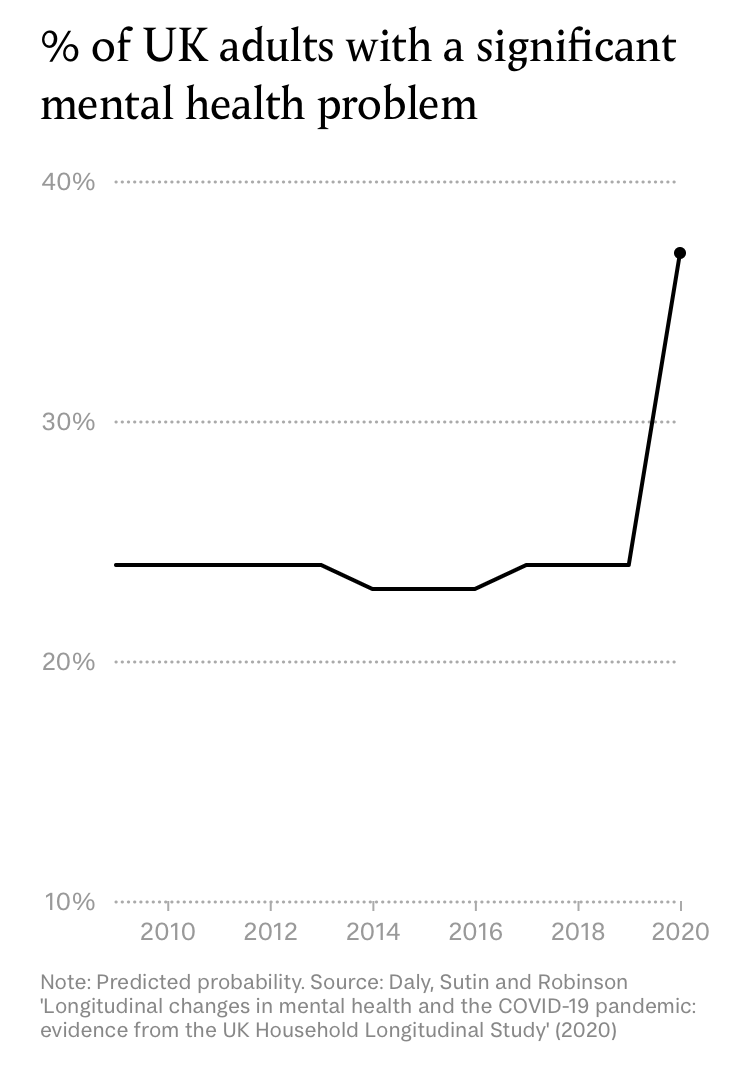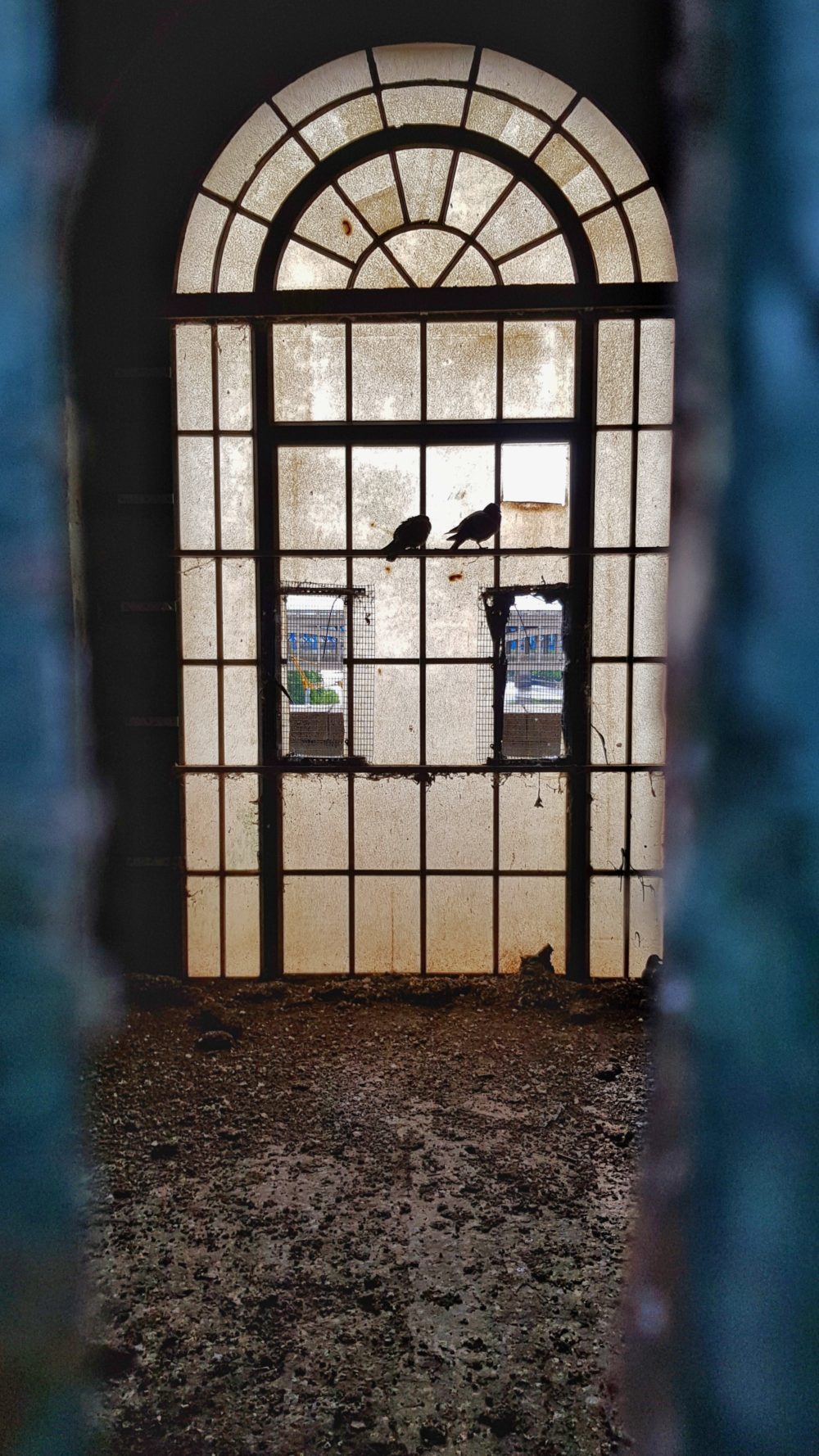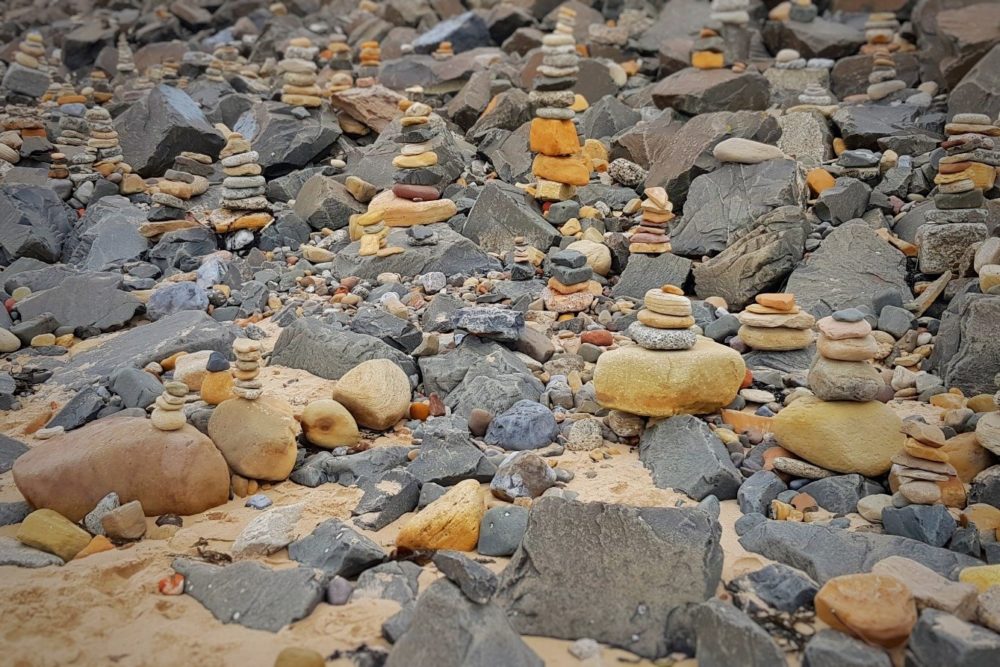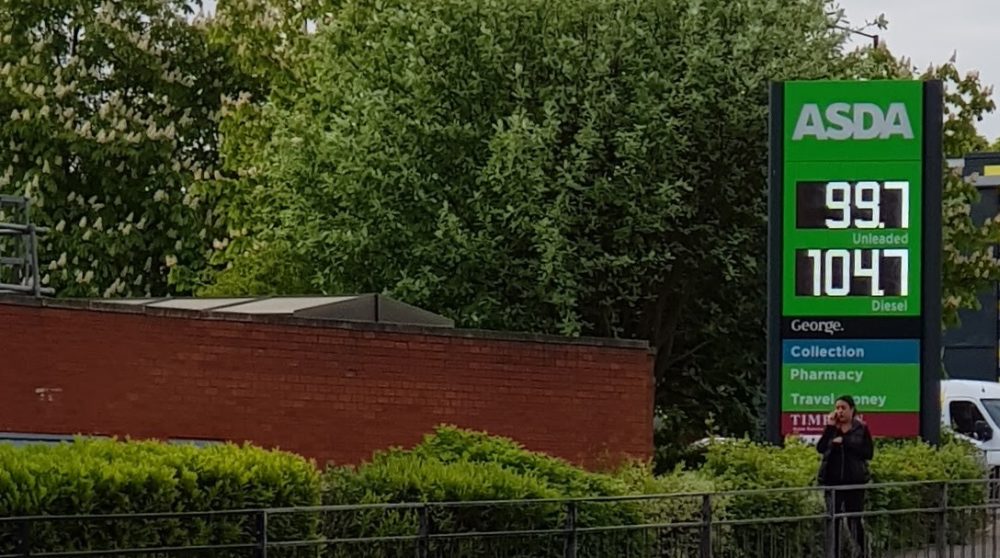Party affiliation in the afterlife
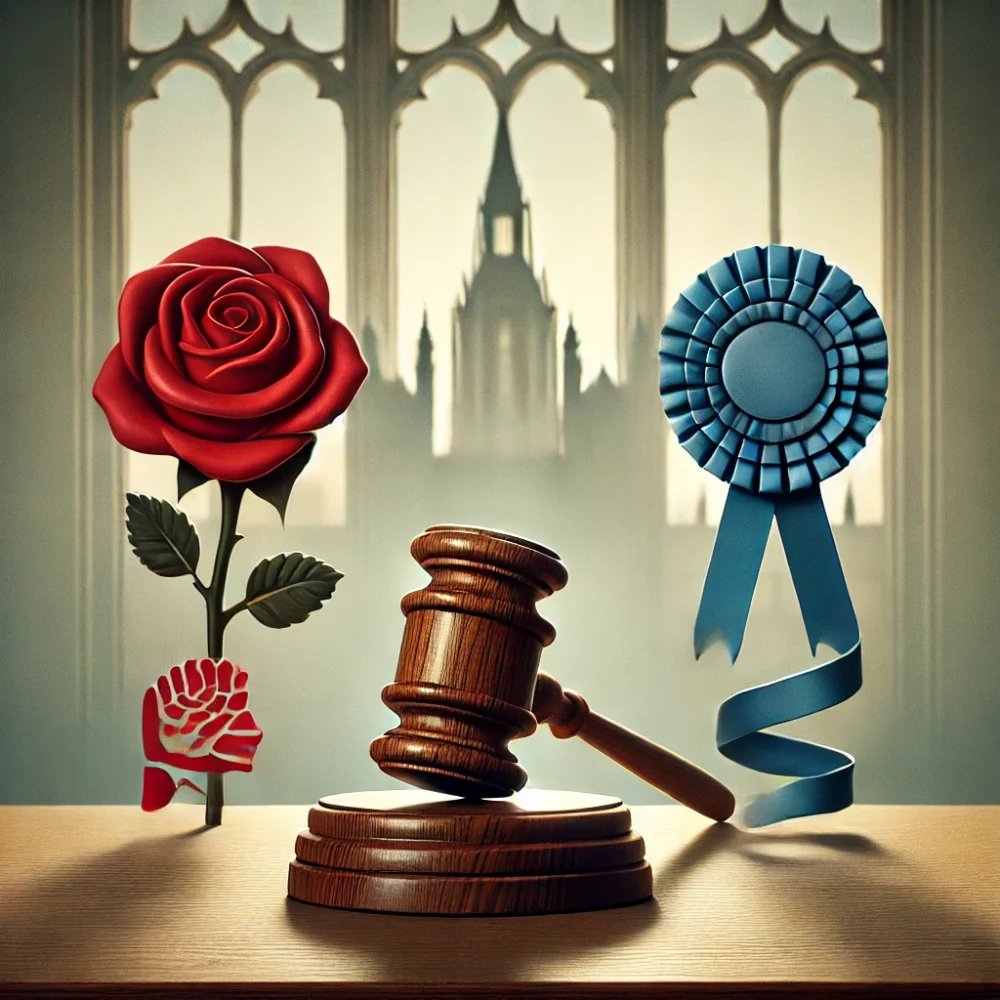
Earlier this week, John Prescott sadly died. Here’s the headline on the Sky News article reporting his death:
Former Labour deputy prime minister John Prescott dies aged 86
Long-term readers may think that I’m going to rant about the use of the present tense “dies” rather than the past tense “has died”—this is a persistent and widespread bugbear—but I was more intrigued by the use of the word “Labour” in that headline.
He was—as anyone would be—”deputy prime minister” for the whole country, not just for Labour. It felt an odd, somewhat tribal, somewhat divisive qualification to make, and it didn’t feel familiar.
I suspected that, previously, the headlines have just reported the office of state, not the party affiliation. It seems like this might represent further tribalisation of our politics. But I chose to suspend my disappointment for a bit while I checked my facts.
This is a tricky thing to do: there have only been eight formally appointed deputy prime ministers in the UK, two of whom were Dominic Raab, and all of which—barring John Prescott—are still alive. Sky News has never had to report the death of a former deputy prime minister before.
Reporting on the death of a former prime minister feels qualitatively different from the death of a former deputy, so that doesn’t seem like a fair comparison. But what about holders of the other great offices of state?
The most recent former chancellor to die was, of course, Alastair Darling, late last year. The Sky News headline:
Alistair Darling: Former Labour chancellor dies aged 70
The most recent former home secretary to die was Lord Waddington, in 2017. The Sky News headline:
Former Conservative home secretary Lord Waddington dies aged 87
The most recent former foreign secretary to die was Robin Cook, in 2005, which is further back than the Sky News website archive stretches… but from the examples above, I think we can safely conclude that this isn’t a new practice after all. Sky News has been headlining the party affiliation of dead politicians for years. For what it’s worth, this doesn’t seem to apply to prime ministers (“Margaret Thatcher dies at 87 after stroke”).
So why did it feel unusual? I suspect it is because the BBC doesn’t do it. Their headlines for each of these stories:
Former deputy PM Lord Prescott dies aged 86
Former Chancellor Alistair Darling dies aged 70
Former Home Secretary Lord Waddington dies at age of 87
Former minister Robin Cook dies
Just because the BBC does something doesn’t mean it’s right—in fact, the BBC News house style often riles me. It’s curious that it often nonetheless sets expectations.
The image at the top of this post was generated by DALL·E 3.
This post was filed under: Media, News and Comment, BBC News, John Prescott, Sky News.
